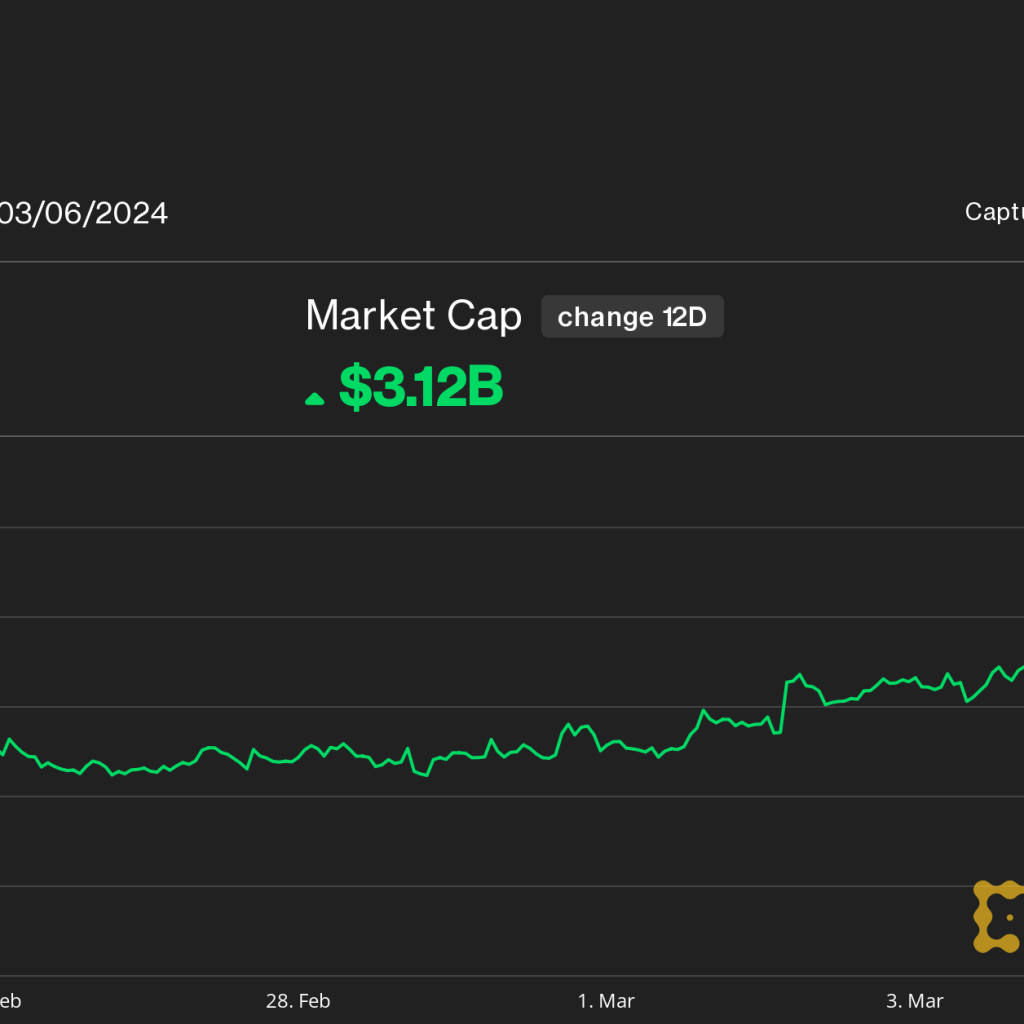In a significant move aimed at escalating pressure on Russia over its military actions in Ukraine, the European Union has announced a new set of sanctions, marking the 12th package against Russia. This latest round of sanctions, detailed in a European Commission Q&A on December 18, specifically targets the crypto-asset sector, placing stringent restrictions on Russian nationals and residents.
EU expands sanctions, focuses on Russian crypto
The European Commission’s recent sanctions package introduces a comprehensive ban that prevents Russian nationals and residents from owning, controlling, or being part of the governing bodies of crypto service providers. This decision is in line with the EU’s ongoing efforts to impede Russia’s financial capabilities in response to the conflict in Ukraine. By focusing on the crypto-asset industry, the EU aims to close potential loopholes that could be exploited for financial transactions outside the traditional banking system.
This move extends beyond just ownership and control. The sanctions also include rigorous measures to prevent the provision of wallet, account, or custody services related to crypto-assets to individuals based in Russia. These regulations are designed to tighten the noose on the digital financial activities of Russian entities, ensuring that the EU’s sanctions have a broader and more effective reach.
The European Union has been progressively increasing its sanctions against Russia since early 2022, following Russia’s military actions in Ukraine. These measures have encompassed various economic, individual, and visa-related sanctions aimed at exerting substantial pressure on Russia. In October 2022, the EU had already taken a significant step by restricting Russian citizens from operating crypto wallets within the European Union, setting a precedent for the latest sanctions.
The underlying objective of these sanctions, as stated by the European Commission, is to achieve a just and lasting peace in the region. By imposing what they describe as “severe consequences” on Russia, the European Union hopes to hinder Russia’s capacity to continue its military operations effectively. Similar measures against Belarus and Iran have accompanied these sanctions, indicating the EU’s broader stance on regional conflicts.
Implications and future outlook
The implications of these sanctions are far-reaching, particularly for the crypto-asset sector. The European Union addresses a modern and increasingly significant aspect of global finance by targeting this industry. The restrictions on Russian nationals and residents in owning or controlling crypto services are expected to impact Russia’s financial maneuverability substantially.
Looking ahead, the European Union’s stance appears firm, with a continued focus on leveraging economic sanctions as a tool for geopolitical influence. These measures reflect a broader trend of using financial restrictions to address international conflicts, signalling a shift in how global powers exert influence in the 21st century. Further adjustments to these sanctions can be anticipated as the situation evolves, depending on the developments in Ukraine and Russia’s response to the ongoing international pressure.
The EU’s 12th sanctions package against Russia represents a significant escalation in their efforts to limit Russia’s financial capabilities, particularly in the emerging crypto-assets sector. By imposing stringent restrictions on Russian involvement in crypto services, the European Union aims to tighten its economic grip and contribute to a resolution in the ongoing conflict in Ukraine.





